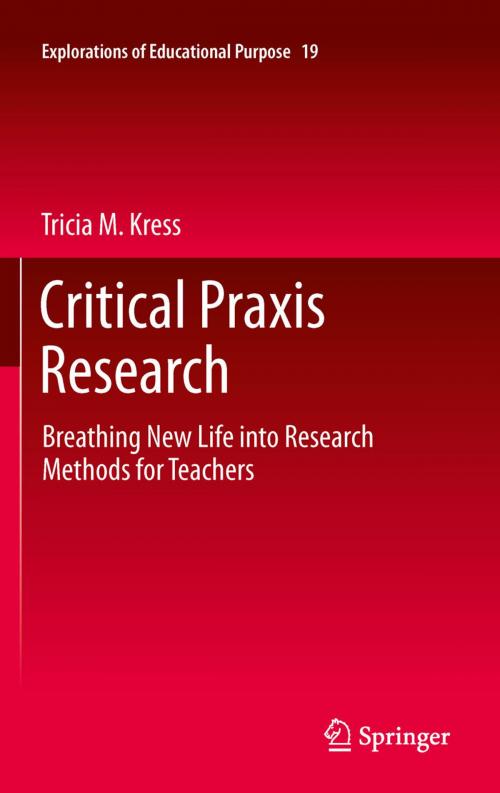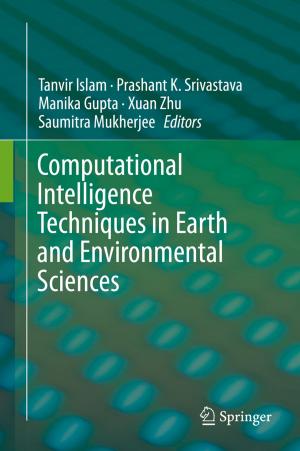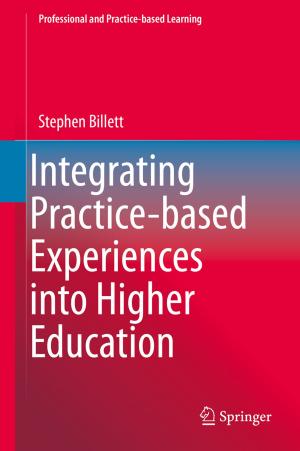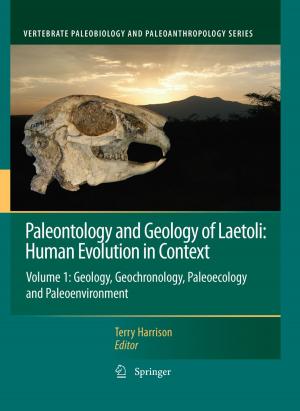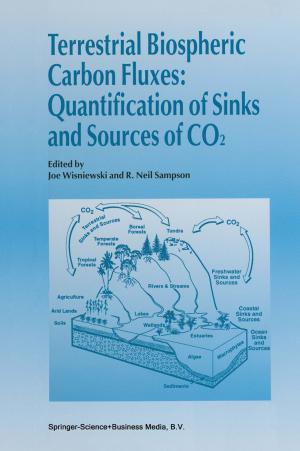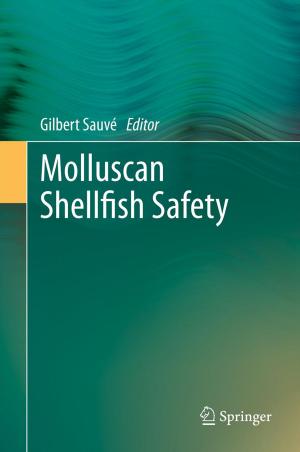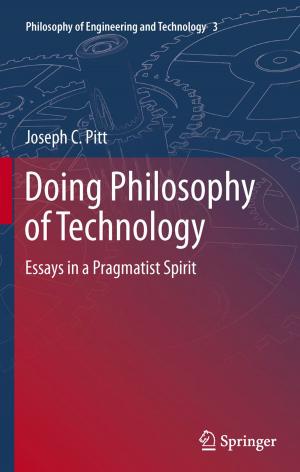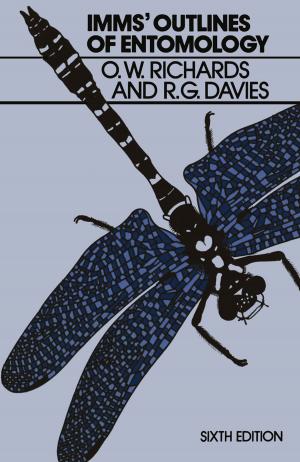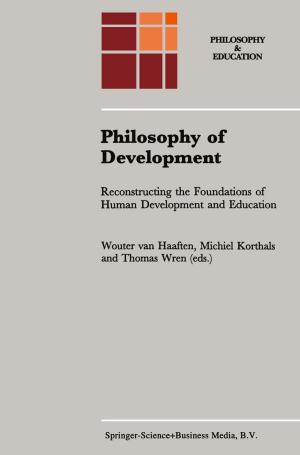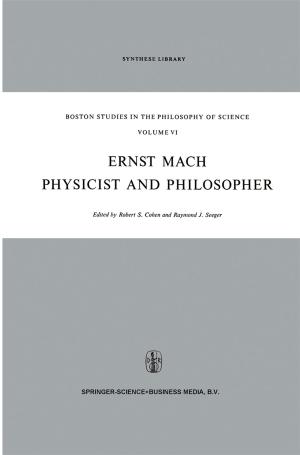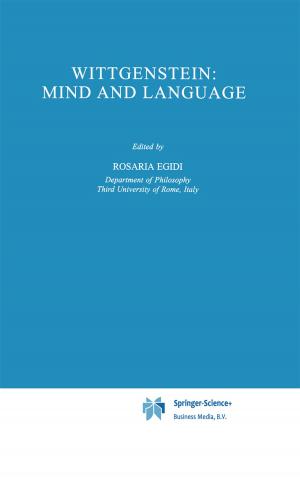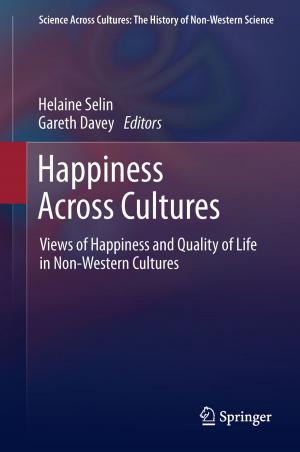Critical Praxis Research
Breathing New Life into Research Methods for Teachers
Nonfiction, Reference & Language, Education & Teaching, Educational Theory, Philosophy & Social Aspects| Author: | Tricia M. Kress | ISBN: | 9789400717909 |
| Publisher: | Springer Netherlands | Publication: | August 17, 2011 |
| Imprint: | Springer | Language: | English |
| Author: | Tricia M. Kress |
| ISBN: | 9789400717909 |
| Publisher: | Springer Netherlands |
| Publication: | August 17, 2011 |
| Imprint: | Springer |
| Language: | English |
Critical Praxis Research (CPR) is a teacher research methodology designed to bridge the divide between practitioner and scholar, drawing together many strands to explain the research process not just as something teacher researchers do, but as a fundamental part of who teacher researchers are. Emphasizing the researcher over the method, CPR embraces and amplifies the skills and passions teachers naturally bring to their research endeavours. Emerging from the tradition of critical pedagogy, Critical Praxis Research: Breathing New Life into Research Methods for Teachers transcends longstanding debates over quantitative vs. qualitative and scholar vs. practitioner research. The text examines the histories and current applications of common methodologies and re-conceptualizes the ways that these methodologies can be used to enhance teachers’ identities as practitioners and researchers. It also provides a critical examination of the role of Institutional Review Boards, and explores the complexity and ethics of data collection, data analysis, and writing. Through guiding questions and writing prompts, the author encourages readers to think through the process of design and conducting CPR. The text is theoretically rich, but written in an accessible style infused with metaphor, irony, and humour. Critical Praxis Research: Breathing New Life into Research Methods for Teachers is both instructive and uplifting, sending the message that research is difficult but also joyful, like life itself.
Critical Praxis Research (CPR) is a teacher research methodology designed to bridge the divide between practitioner and scholar, drawing together many strands to explain the research process not just as something teacher researchers do, but as a fundamental part of who teacher researchers are. Emphasizing the researcher over the method, CPR embraces and amplifies the skills and passions teachers naturally bring to their research endeavours. Emerging from the tradition of critical pedagogy, Critical Praxis Research: Breathing New Life into Research Methods for Teachers transcends longstanding debates over quantitative vs. qualitative and scholar vs. practitioner research. The text examines the histories and current applications of common methodologies and re-conceptualizes the ways that these methodologies can be used to enhance teachers’ identities as practitioners and researchers. It also provides a critical examination of the role of Institutional Review Boards, and explores the complexity and ethics of data collection, data analysis, and writing. Through guiding questions and writing prompts, the author encourages readers to think through the process of design and conducting CPR. The text is theoretically rich, but written in an accessible style infused with metaphor, irony, and humour. Critical Praxis Research: Breathing New Life into Research Methods for Teachers is both instructive and uplifting, sending the message that research is difficult but also joyful, like life itself.
